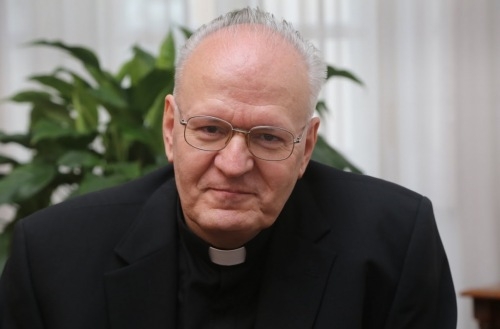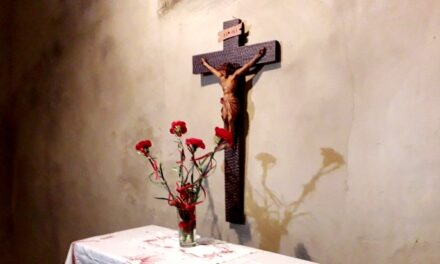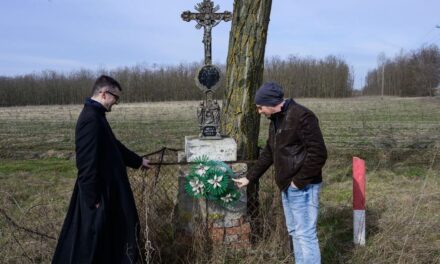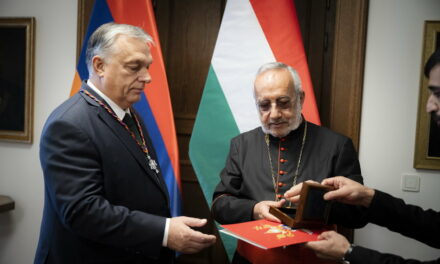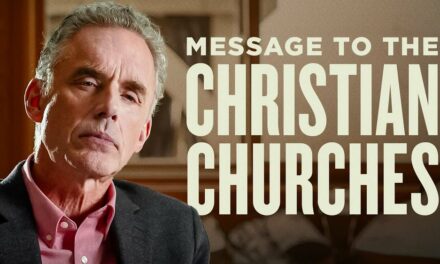The cardinal called it important that this Easter too "we can give thanks to God", who loves us forever and does not leave us alone in times of trouble.
God loves us faithfully even in trouble, and this year it is especially important to make us aware of this, said Cardinal Péter Erdő, Archbishop of Esztergom-Budapest, on the occasion of Easter. Péter Erdő recalled: At the end of the Last Supper, Jesus sang the so-called Hallel psalms that ended the Seder evening. The concluding Psalm 118 may have been the last that Jesus sang or prayed with the disciples. Its closing lines read: "give thanks to the Lord, for he is good, for he loves us forever." And Jesus consciously thanked the Father, preparing for his suffering, death on the cross.
The cardinal called it important that this Easter too "we can give thanks to God", who loves us forever and does not leave us alone in times of trouble.
Péter Erdő spoke about how, while the one-year-long epidemic is exhausting everyone, many are bitter, he finds that help, family, relatives, and parish relationships have strengthened despite the isolation. Over the course of a year, it became natural for the members of the community to pay more attention to each other and not allow themselves or others to become isolated.
We "can't wait" for the epidemiological situation to improve
As he put it: they are not afraid that the faithful will stop going to church due to the restrictions introduced during the epidemic. For now, "the reverse of this works", many people are calling to ask when they can finally participate in Holy Mass and where they can make sacrifices. "And we can't wait" for the epidemiological situation to improve, the restrictions to be eased, everything to work as usual again and the wishes of the faithful to be fulfilled, he indicated.
Péter Erdő answered whether humanity will continue its life after the epidemic where it left off at the beginning of 2020.
he does not expect a huge, revolutionary change, but life will not be quite the same as it was.
He cited the growing role of virtual space as an example. He said he had participated in several online international conferences in recent months, and the congregations of the Holy See also held their plenary sessions online. He noted that it is true that it is tiring to sit in front of a computer for three and a half hours, but it is less time-consuming and stressful than flying back and forth. More importantly, much less environmentally harmful kerosene is used if part of the meetings and conferences are held online.
"It will be a great experience to meet again"
Of course, a personal meeting has a lot of content and messages that cannot be replaced by telecommunications. Although they try in vain to hold many church events and ceremonies online, they feel the painful lack of shared holidays and farewells with the faithful, spiritual exercises for the recharging and further training of priests, meetings and meetings with secular colleagues, religious teachers, parish leaders, which are otherwise regular. "It will be a great experience to meet again," he added.
The cardinal also touched on the fact that the preparations for the World Eucharistic Congress in Budapest, which was postponed from the fall of 2020 to September this year due to the pandemic, are ongoing even during the pandemic, they regularly consult with the Holy See, and at least three scenarios have been developed in accordance with the various possible epidemic situations. But whichever comes true, they all have to be prepared, and that's very difficult because of the total uncertainty, he said.
As an example, he mentioned logistics, inviting and registering guests from abroad, which is almost impossible to start when hotels cannot receive guests and do not know when they can open. He added: no matter how the situation turns out, they are likely to face very intensive work in the month or two before the congress.
MTI
Cover photo: Tamás Thaler

